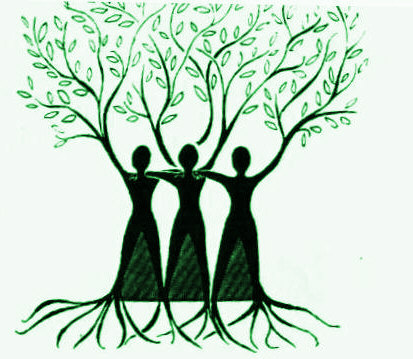AWNWinter WarmUp 2017 has provided a great deal of food for thought on Personal & Professional Development. There has been a dynamic flow of conversation around the experiences of “learning”. One cannot help but notice the abundance of support people have expressed for each other. We asked several AWN members to share unique perspectives on learning opportunities and we thank them for their reflections. We all have a different journey in how, when and why we take on learning opportunities. We encourage you to keep learning in whatever way has meaning for you.
‘Motherhood has been my greatest journey in self-discovery. It’s taken me far beyond any training programs I’ve done throughout my career, where I’ve learned so much more about myself and how I interact with others. Managing (and/or surviving) the behaviours of a toddler makes me feel like I can actually accomplish anything in my professional career.
Through social media and blogs, there is so much support for families trying to figure out how to be their best selves and the best parents. As with most online content, you have to sift through some extremist information, but I don’t feel like I’m alone when looking for help, ideas, or even some people to vent my struggles to. I’ve joined some Facebook groups with moms that have similarly-aged kids as mine, and they’ve been great resources for the past two years’ – Kate
‘Going back to school was mostly a necessity for our family if we were to survive. The 80’s with high interest rates and very depressed prices, as well as ruthless banks, hurt us financially, emotionally, physically and socially. While my university classes were my night out, it was very, very tough juggling the four kids and all of their activities, along with the directions our farm had taken-growing fresh market vegetables & berries and Ag entertainment. Quite honestly, I do not know how I got through, guess I just tried to do what had to be done’- Diane
‘January is the middle of what we call conference season on our farm. From mid-November to the end of March there seems to be one meeting or another, a conference here and a conference there. For me it means hitting the road and heading to Michigan and Montreal, Toronto and Connecticut. Attending these meetings takes time away from my day–to-day work, making things a little harder to get done and puts many miles on my truck, but I feel the trade-off is worth it. Seeking to find out what’s new and exciting is not only interesting, but important. In an industry as dynamic and diverse as ours, it is essential to continue engaging and learning from those around you. In the words of my dad “we go to these events to ‘learn what we don’t know’”. To grow as an individual and as a business, new ideas and discussions are key. For me this means taking the time to attend and learn from the wide variety of workshops, meetings and conferences available across the region. From farm management events like FarmSmart, or Dairy Sen$e to personal development like Advancing Women there is something for everyone. In November, I had the opportunity to attend the Ontario Young Farmers Forum in Toronto. The two day event showcases a wide array of topics for young farmers from across the province to discuss, debate and learn from. Being able to spend two days in a room filled with young people passionate about agriculture instils in me a sense of positivity and optimism.
At an event such as this we have the opportunity to learn from each other, as well as the experts. We can learn from each other’s success and, just as importantly, from the missteps and mistakes made along the way. By doing this we collectively move forward. Discussion and collaboration are invaluable tools, and I would encourage everyone to take advantage of any opportunity to present itself, as often as possible. There are many ways to do the same thing; the trick is finding what will work for you. Learning doesn’t stop when we leave the classroom. Learning is an ongoing experience that we can all embrace’ – Kara
‘When individuals take the leap of faith to try something completely new, such as the performing arts, the results can be amazing. The ability to handle new situations with an extra boost of confidence can be carried with you your whole life through. Watching people grow and take on a new challenge is also motivating to others’ – Robyn





 A collaborative post by
A collaborative post by